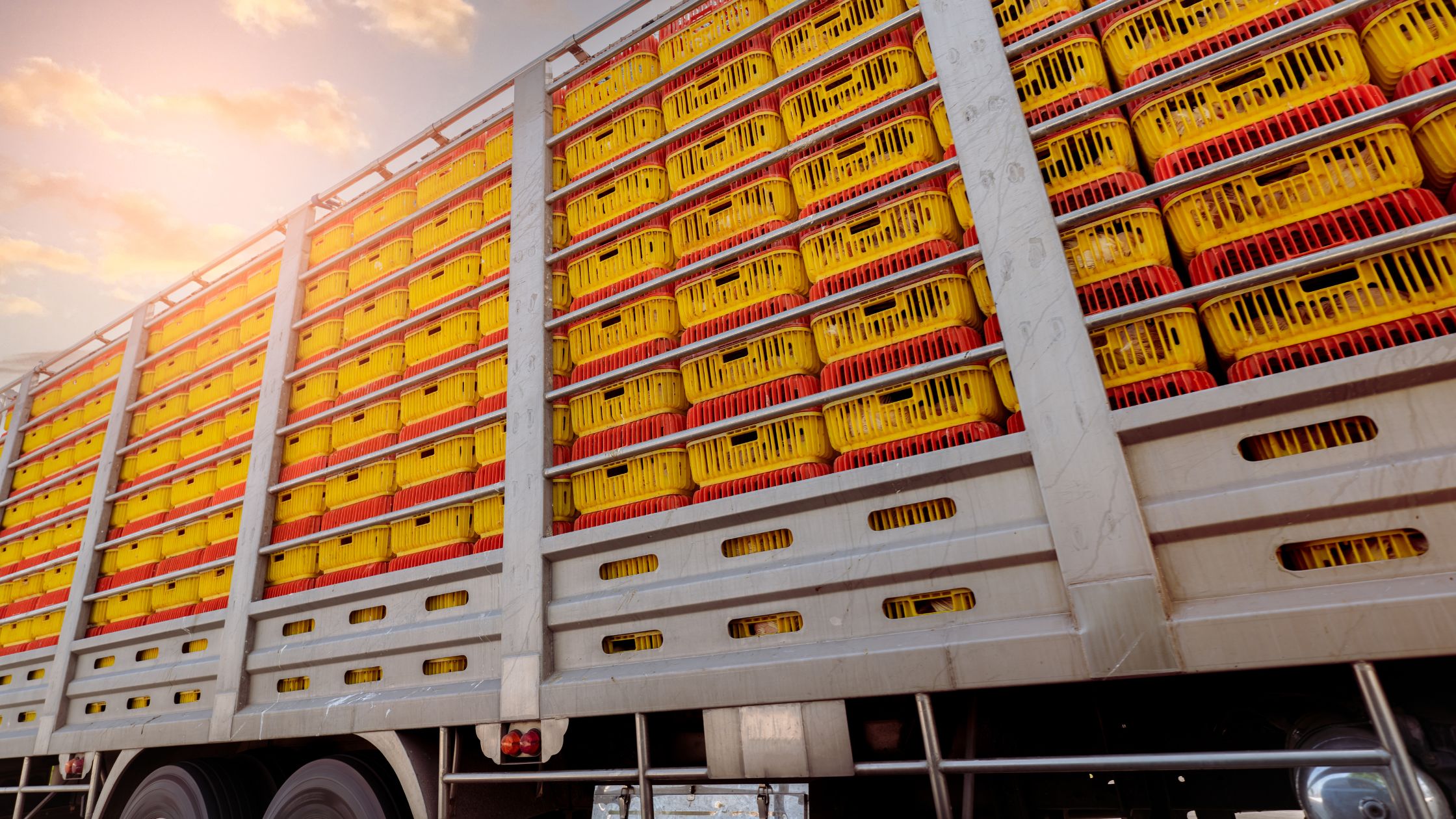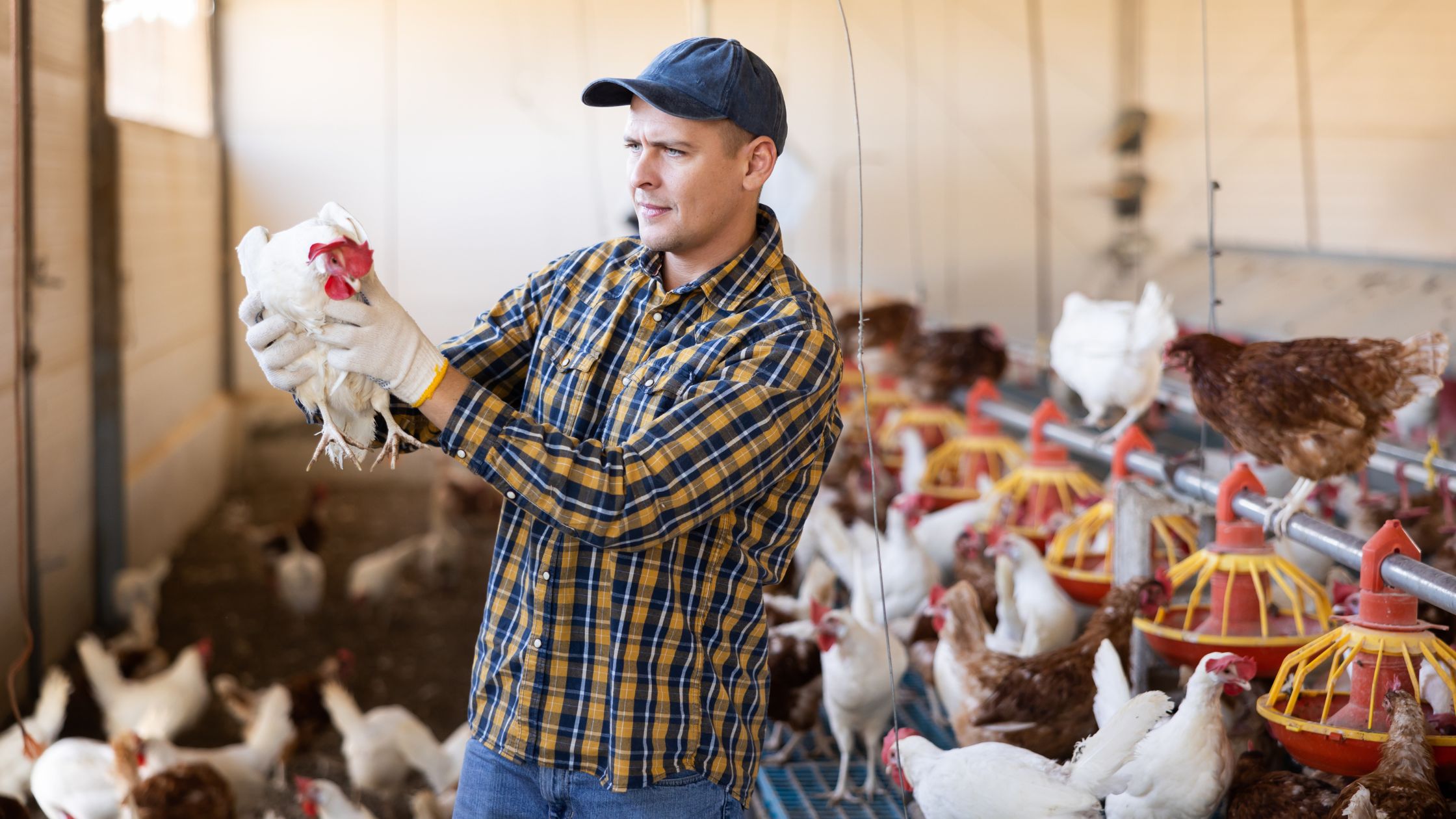New Salmonella Rules Heat Up

Authored by: Glen Erdman — Director, EA | Date Published: August 14, 2024
The U.S. Department of Agriculture (USDA) has proposed new regulations aimed at reducing salmonella contamination in poultry products. In doing so, they aim to maintain consumer health and uphold food safety standards. As a poultry manufacturer, understanding and adapting to these changes will be crucial. This blog will offer a detailed examination of the proposed new rules, their consequences for your business, and tactics for managing compliance with these regulations successfully.
As a Partner at MBE CPAs, I’m closely monitoring the financial implications of complying with the USDA’s new salmonella regulations. Implementing these standards may require investments in new equipment, staff training, and process adjustments. A thorough financial analysis is essential for controlling these costs and seeking out available financial aid and incentives. MBE CPAs is devoted to helping you sustain economic stability while conforming to these changes, aiming for regulatory adherence and the enduring success of your business.
Featured Topics:
Understanding the New Requirements
The U.S. Department of Agriculture’s Food Safety and Inspection Service (FSIS) is gearing up to roll out some strict new rules to tackle salmonella in poultry products. These proposed changes are thorough and designed to improve safety throughout the enture food supply chain, from production to point of sale. The critical components of these regulations include:
- Testing for Specific Bacteria Strains: Poultry companies must test for six specific bacteria types in raw chicken and turkey products.
- Microbial Monitoring Programs: All poultry slaughter establishments must implement comprehensive microbial monitoring to prevent contamination.
- Final Product Standards: Products must meet defined salmonella thresholds to be safe for retail.

The Impact on Your Business
Increased Labor Needs
The new requirements for more frequent and specific testing and comprehensive microbial monitoring mean that you’ll likely need more hands on deck. This could involve hiring new staff members specializing in quality control to guarantee that every production stage complies with the stricter standards. Alternatively, you might need to invest in training your existing employees to handle these additional responsibilities. Either way, you’re looking at increased labor costs and potentially restructuring your team to meet these demands.
Product Waste Management
Under the revised regulations, any poultry product that does not meet the established salmonella thresholds cannot be sold. This means these products must be considered as waste. Documenting and managing this waste will be crucial. You’ll need to develop or update protocols for safety discarding non-compliant products, which affects your raw material usage and has financial implications due to lost products. Additionally, improper waste management could lead to further compliance issues, making this aspect critical to your operations.
Refined Cost Accounting Processes
With new labor and waste management processes, keeping a meticulous record of all associated costs becomes crucial. This includes the direct expenses of additional labor, training costs, supplies needed for testing and monitoring, and any financial losses due to discarded products. Accurate cost accounting will help you understand how these changes impact your financial health and facilitate more precise budget planning. It also provides the documentation the USDA could require for compliance verification.
Each of these elements emphasizes the necessity of careful planning and management to successfully adapt to the new guidelines. Initial rises in operating costs and major process adjustments aim for safer food products and reduced public health risks. Over time, this could lead to more consumer trust and possibly fewer recalls, benefiting your business.
Financial Implications and Strategies
Successfully overcoming the financial barriers of new USDA regulations requires adopting a systematic approach:
- Document Labor Costs: To comply with the regulations, keep detailed records of overtime, new hires, and training expenses.
- Account for Product Waste: Develop a system to quantify the costs associated with product losses due to non-compliance.
- Pricing Strategy: Conduct a thorough cost-benefit analysis to determine if price adjustments are necessary to cover increased expenses. Consider competitors’ pricing strategies to remain competitive.
- Optimize Cost Accounting Practices: Accurately allocate compliance-related costs and adjust budgets to reflect these new expenses. Aim to keep your financial planning on target and error-free.
- Inventory Management: Keep detailed records of all cleaning and testing supplies. This will help manage costs and identify potential tax write-offs.

USDA’s Efforts to Reduce Poultry Salmonella Risks
The USDA’s active engagement in combating salmonella in poultry reflects its commitment to public health and food safety. Recognizing the significance of the correlation between poultry and over 1 million annual U.S. salmonella infections reported by the CDC, the agency has fortified its efforts to decrease contamination rates. Even with improvements, the USDA still focuses on consumer protection, implementing tight oversight, cooperating with federal agencies, and applying strict standards for processing.
In doing so, the USDA is tackling the salmonella problem in poultry from all angles. The USDA’s investment in research and safety education fights infections now and builds lasting confidence. This not only helps protect public health but also strengthens the reliability and longevity of the poultry industry.
